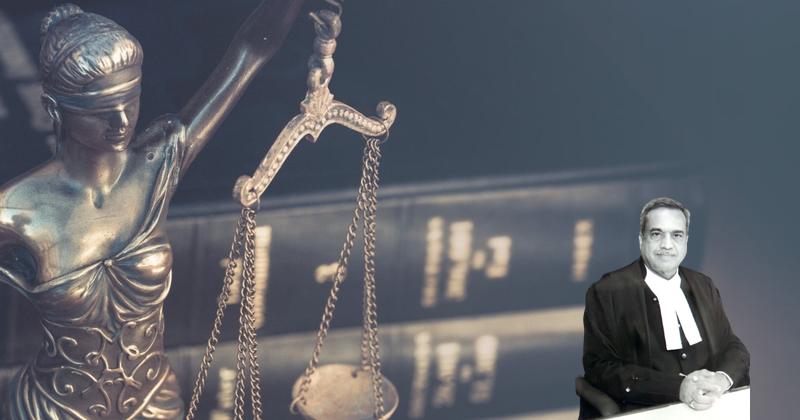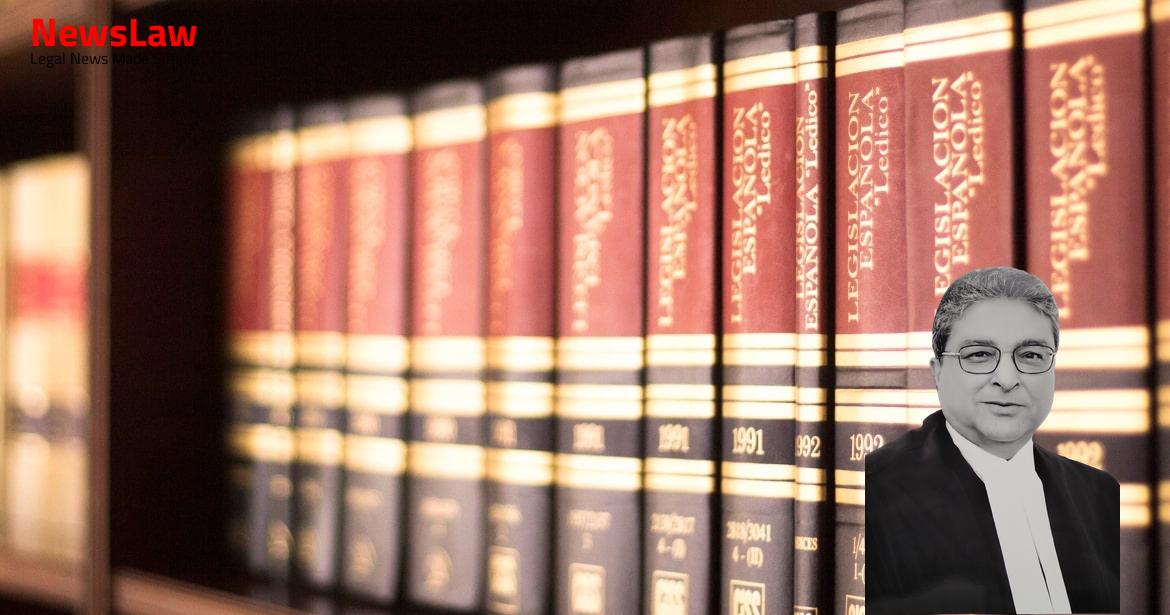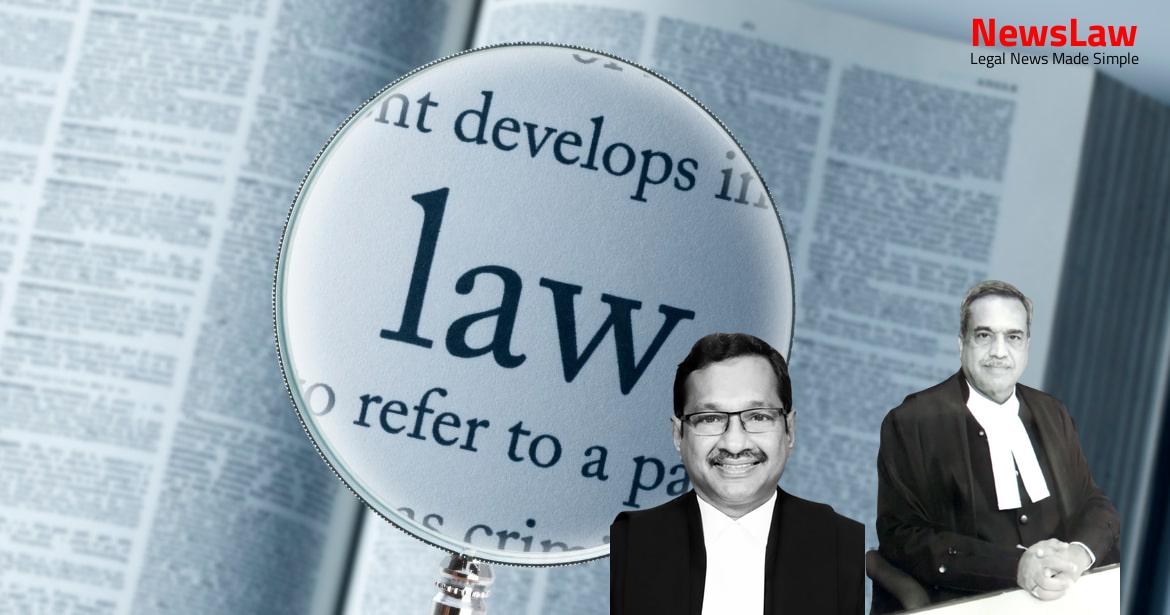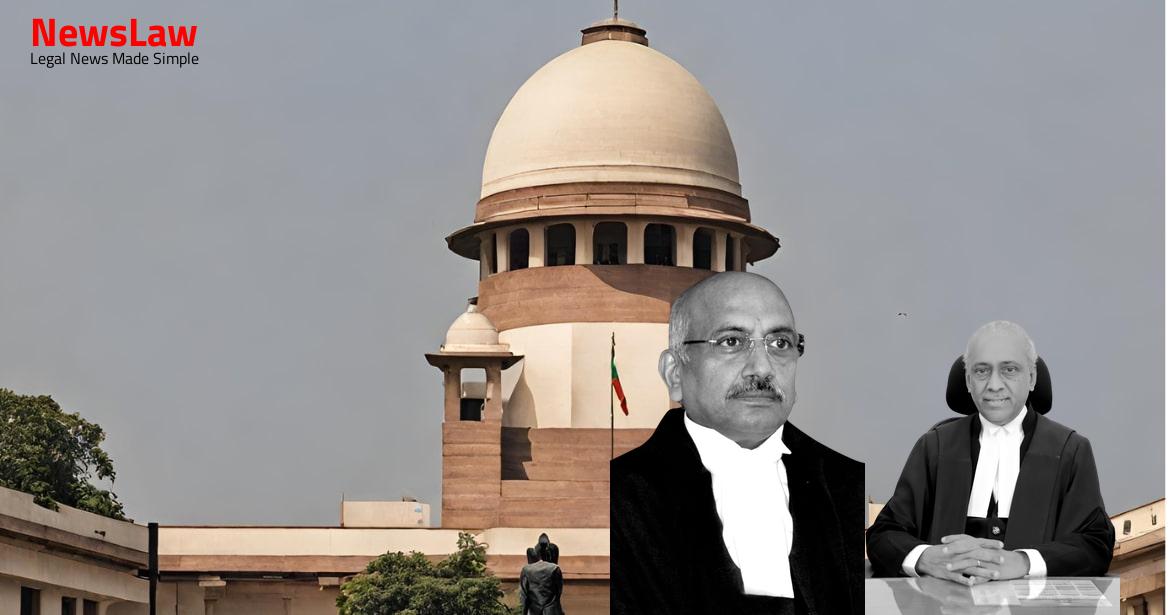REPORTABLE IN THE SUPREME COURT OF INDIA CIVIL APPELLATE JURISDICTION CIVIL APPEAL NO.
Feeling aggrieved and dissatisfied with the impugned judgment and order passed by the High Court of Calcutta at Calcutta in respective writ petitions by which the Division Bench of the High Court has dismissed the said writ petitions preferred by the appellants herein – original writ petitioners, the original writ petitioners have preferred the present appeals. That the Act, 1941 came to be replaced by the West Bengal Sales Tax Act, 1994 (hereinafter referred to as the “Act, 1994”) and in the month of April, 1998, the definition of “manufacture” provided under section 2(17) of the Act, 1994 was amended and as a result of which, “blending of any goods” was omitted from the definition of “manufacture” but “blending of tea” continued to be included in the said definition. 4 As per the provisions of the 1999 Scheme, the new industrial units which were established after complying with all the requirements provided under the 1999 Scheme were given an exemption from payment of sales tax for a specified period upon the purchase of raw materials required for carrying the manufacturing activity in said units. The appellants enjoyed the benefit of exemption from payment of sales tax as provided under Section 2(17) and Section 39 of the Act, 1994 for a period of two years till Section 2(17) came to be amended by the West Bengal Finance Act, 2001.
The impugned judgment and order passed by the High Court is the subject matter of present appeals, claiming the exemption from payment of sale tax as per earlier 1999 Scheme. Kavita Jha, learned counsel has appeared on behalf of the appellants and Ms. The appellants’ rights were crystalised from the day eligibility certificate had been granted under the Act, 1994 and the only justifiable manner in which the State could have rescinded this benefit was to show overarching public interest.
4 It is submitted that since in this case, the appellants were denied benefit on account of amendment made in the definition of “manufacture” under Section 2(17) of the Act, 1994 which is an arbitrary move by the State without showing any accompanying public interest involved.
State of Kerala & Ors., (2016) 6 SCC 766; MRF Ltd., Kottayam Vs.
Learned counsel appearing on behalf of the State while opposing the present appeals has vehemently submitted that in the facts and circumstances of the case, the appellants shall not be entitled to the exemption as claimed. 2 It is submitted that subsequently, the definition of “manufacture” under Section 2(17) of the Act, 1994 came to be amended by the West Bengal Finance Act, 2001 and “blending of tea” came to be omitted from the definition w.e.f.
It is submitted that once the appellants ceased to be the manufacturers, the appellants shall not be entitled to the exemption as the exemption was available only to the small-scale industrial units engaged in manufacturing activities and to manufacturer under the Act, 1994. It is submitted that therefore, both the learned Tribunal as well as the High Court have rightly refused to grant the appellants any exemption from payment of sales tax which the appellants were being granted prior to 01.08.2001 being the manufacturers of “tea blending”. 08.2001 vide
West Bengal Finance Act, 2001, omitting “tea blending” from the definition of “manufacture”, still the appellants shall be entitled to the exemption from payment of sales tax?
Thus, it is the case on behalf of the appellants that as on 01.08.2001, under the Act, 1994, when Section 2(17) of the Act, 1994 came to be amended, the appellants had a “vested right” and therefore, the amendment to Section 2(17) of the Act, 1994 shall not affect such “vested right” of exemption from payment of sales tax, which the appellants were availing prior to 01.08.2001. It cannot be disputed that being the manufacturer in the activity of “tea blending” the appellants would have always been entitled to the exemption from payment of sales tax. Therefore, on and from 01.08.2001, “tea blending” activity ceased to be the manufacturing activity and the appellants ceased to be the manufacturers and therefore, on and from 01.08.2001, the appellants shall not be entitled to the exemption from payment of sales tax. 08.2001 by which “tea blending” activity is excluded from the definition of “manufacture” and therefore, on and from that day itself, the appellants ceased to be the manufacturers and shall not be entitled to the benefit of exemption from payment of sales tax as was available to them as manufacturers.
Tax holiday for new small-scale industrial units- (1) Subject to such conditions and restrictions as may be prescribed, no tax shall be payable by a dealer for such period as may be prescribed in respect of his sales of goods manufactured by him in his newly set up small-scale industrial unit situated in the prescribed area, and in calculating his taxable turnover of sales under sub-section (3) of section 17, that part of his gross turnover of sales which represents the turnover of sales of such goods shall be deducted from his gross turnover of sales under sub-clause (viii) of clause (a) of sub- section (3) of that section. XXXXXXXXXXXXXXXX”
Case Title: M/S.K.B.TEA PRODUCT PVT.LTD. Vs. COMMERCIAL TAX OFFICER,SILIGURI . (2023 INSC 530)
Case Number: C.A. No.-002297-002297 / 2011



